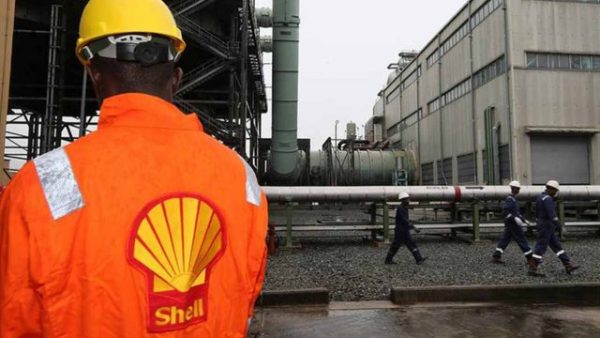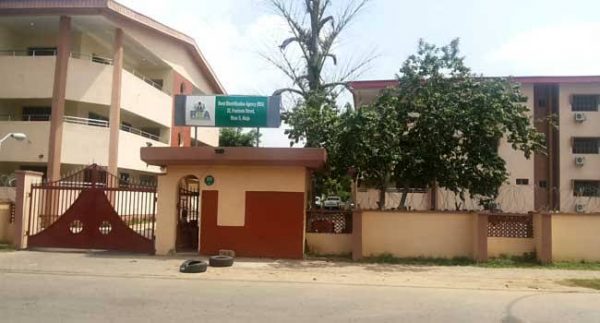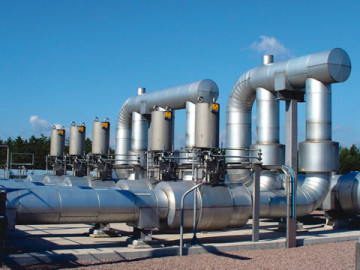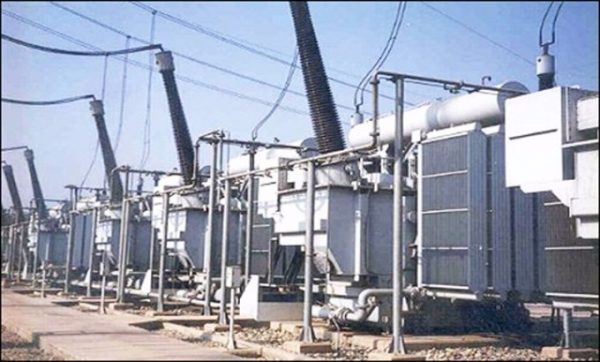SPDC’s Force Majeure On Nigerian Bonny Light Crude Threatens Nigeria’s Oil Revenue

The Shell Petroleum Development Company of Nigeria Limited (SPDC), the Royal Dutch Shell’s Nigerian subsidiary declared force majeure on exports of Bonny Light crude, Nigeria’s largest oil revenue source.
The declaration, if prolonged, may negatively affect the 2020 budgetary revenue projections from the oil sector and by implication, efficiency of the capital budget.
Force majeure is a legal clause that allows companies to cancel or delay deliveries due to unforeseen circumstances. A news report by Reuters quoted SPDC spokesman as saying that the force majeure declared on Bonny Light crude oil exports was effective from January 20.
The spokesman said the decision came after the shutdown of the Nembe Creek Trunk Line (NCTL) and declaration of a force majeure by the pipeline’s operator, Aiteo.
Lagos-based Aiteo spokesman, Indiana Mathew, did not respond to inquiries from Daily Trust. The NCTL is one of two major pipelines carrying Bonny Light crude to the export terminal.
Bonny Light, one of Nigeria’s key export grades, is popular with refiners globally, with production ranging around 250,000 b/d in the past year. It was not immediately clear how much of this would be impacted by the pipeline shutdown but delays now will ripple through the balance of exports in months to come.
Meanwhile, the Nigeria Liquefied Natural Gas Ltd (NLNG) has signed a deal with Total for 1.5 million tonnes of LNG per year. The agreement is for 10 years, with volumes to be supplied to Total from trains 1, 2 and 3 of the Nigeria LNG plant at Bonny.
The deal is in line with Nigeria LNG’s “drive to continue to deliver LNG globally in consolidation of its position as one of the top-ranking LNG suppliers in the world”, the company said in a statement.
Nigeria LNG has been remarketing some volumes from its existing trains as some contracts approach expiry. Nigeria LNG is a joint venture between the Nigerian National Petroleum Corporation, Shell, Total and Eni.







